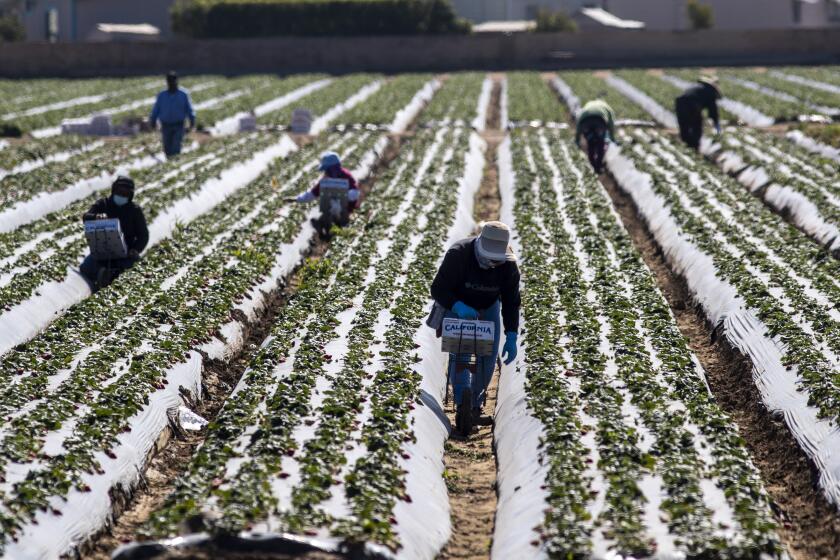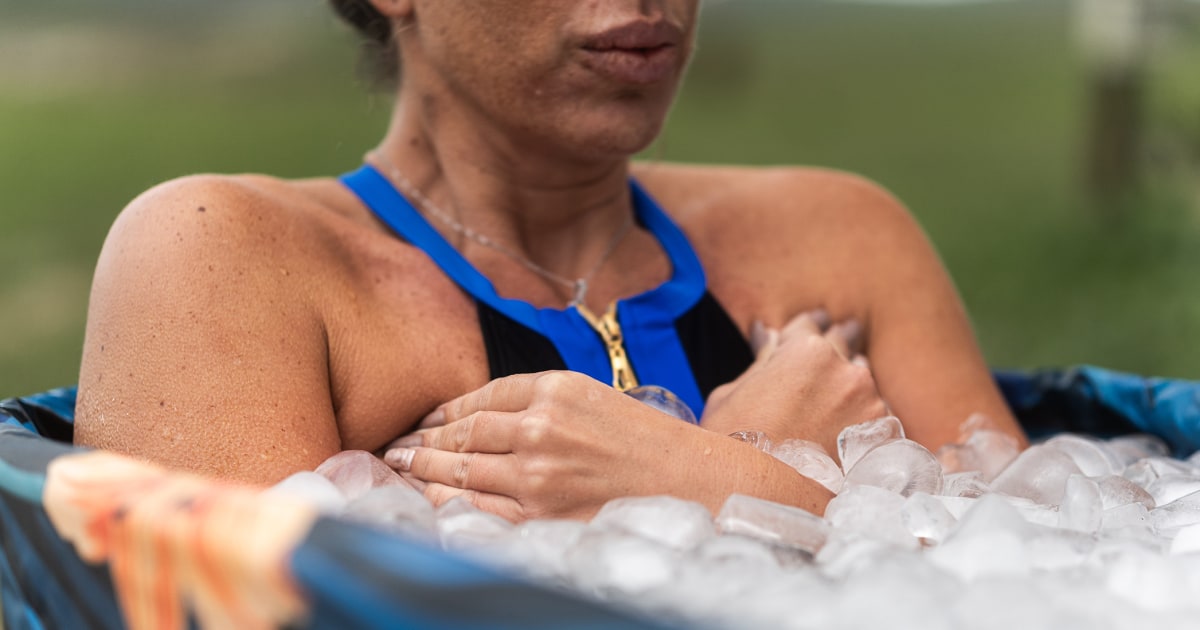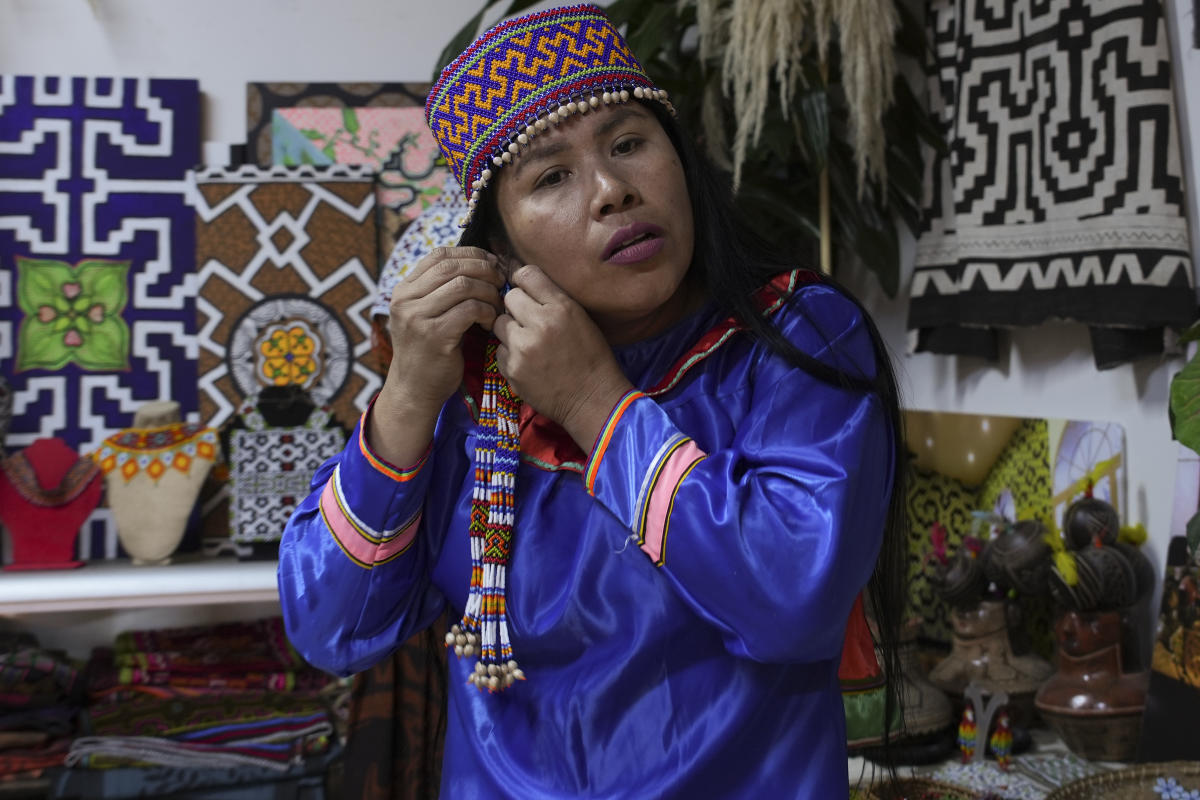A group of workers at Ventura County berry farms have been diagnosed with a rare disease that is often transmitted through the urine of sick animals, according to a study. public health advice distributed to local doctors by provincial health officials on Tuesday.
The bacterial infection, leptospirosis, has led to serious symptoms in some workers, including meningitis, an inflammation of the meninges and spinal cord. Symptoms for mild cases included headache and fever.
The disease, which can be fatal, rarely spreads from person to person. according to the US Centers for Disease Control and Prevention.
Ventura County Public Health did not provide an official case count but said it had not identified any known danger to the public. The province’s agricultural commissioner was aware of 18 cases. the Ventura County Star reported.
Read more: Alameda County child believed to be the last case of bird flu; source unknown
Patients experienced the first symptoms between September and November, originating from several parts of the province. The onset of symptoms typically occurs between two and 30 days after exposure, and according to the CDC, symptoms can last for months if left untreated.
Officials are still working to identify a common exposure, but have noted that many patients worked with cane berry hoop houses — greenhouses to protect crops — and recommended health care providers consider making a leptospirosis diagnosis for farm workers, especially berry harvesters.
Rodents are a common source and vector of disease, although other mammals – including livestock, cats and dogs – can also transmit this disease.
The disease is spread through body fluids, such as urine, and is often contracted from cuts and scrapes that come into contact with contaminated water and soil, where the bacteria can survive for months. People can also contract the disease through contaminated food.
Symptoms often start mildly, with fever, chills, vomiting and headache. Some cases may then progress to a second, more serious stage, which can result in kidney or liver failure.
Ventura County Public Health recommends that agricultural and berry harvesters regularly rinse any cuts with soap and water and cover them with bandages. They also recommend wearing waterproof clothing and protection when working outdoors, including gloves and long-sleeved shirts and pants.
While there is no evidence of spread to the larger community, residents should wash their hands frequently and try to control rodents around their property if possible, according to the department.
Pet owners should consult a veterinarian about leptospirosis vaccinations and should keep pets away from ponds, lakes, and other natural bodies of water.
This story originally appeared in the Los Angeles Times.






